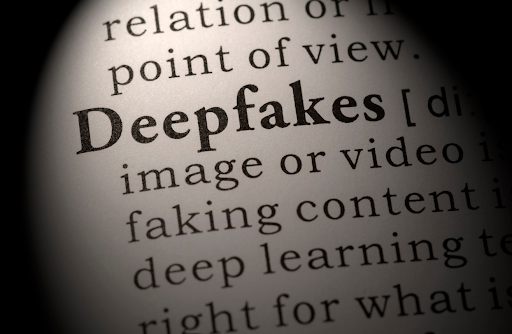According to an ongoing investigative story, pro-government news outlets and influencers in Bangladesh are promoting disinformation by using AI tools to produce deepfake videos.
The report identified several AI-generated videos to spread disinformation against the opposition Bangladesh Nationalist Party (BNP) and the US, which has pressured the Bangladeshi government to hold free and fair elections.
“The use of deepfakes in Bangladesh, as highlighted in the article from The Diplomat, underscores a growing global concern about the impact of AI-generated disinformation in political landscapes. The situation in Bangladesh, where deepfakes and disinformation campaigns are allegedly being used by pro-government entities, illustrates the potential for such technology to significantly influence public opinion and electoral processes,” shares Shomron Jacob, Head of Applied Machine Learning and Platform at Iterate.ai.
The article reported that the AFP fact-checking team found a core narrative of articles written by fake experts on Bangladesh to promote fierce criticism of Washington.
“Deepfakes, by their very nature, are designed to be convincing and indistinguishable from real footage, making them a potent tool for spreading misinformation. In the context of elections, they can be used to create false narratives about political candidates or parties, manipulate voter perceptions, and even incite social unrest. This is particularly concerning in countries where media freedom and digital literacy levels may be limited, allowing such disinformation to spread unchecked,” explains Jacob.
The situation in Bangladesh also highlights a broader trend where deepfakes are not just the tools of individual bad actors but can be employed in coordinated campaigns that have the backing of powerful groups or even state actors. This raises significant challenges for platforms like Facebook, which are often the battlegrounds for these information wars.
“The need for robust detection and moderation systems is more critical than ever, as is the role of international oversight and cooperation in combating digital disinformation.”
This escalation of digital disinformation through deepfakes in Bangladesh is not an isolated incident but part of a global surge in the misuse of AI technologies for political manipulation. The sophistication of these tools allows for the creation of highly realistic and difficult-to-detect fake content, posing a severe threat to the integrity of information ecosystems. As such incidents become more frequent, the urgency for international collaboration and the development of advanced AI detection technologies increases. Nations and tech companies must work together to establish standards and protocols to identify and mitigate the spread of these malicious technologies.
The impact of deepfakes and AI-generated disinformation extends beyond political campaigns and elections; it also undermines trust in digital media, erodes public discourse, and challenges the foundations of democracy itself. In countries like Bangladesh, where political tensions are already high, the infusion of AI-fabricated content can exacerbate existing divisions and fuel conflict. This situation underscores the need for comprehensive media literacy programs that empower individuals to critically assess and verify the authenticity of digital content. Educating the public about the nature of deepfakes and the techniques used to create and identify them is crucial in building resilience against disinformation.
The international community must consider the ethical implications and potential regulations for AI and deepfake technologies. As these tools become more accessible and their applications more widespread, establishing legal and ethical frameworks to govern their use is imperative. This includes measures to hold creators and distributors of malicious deepfake content accountable, while also protecting freedom of expression and innovation. The balance between regulation and rights is delicate but necessary to ensure that the digital landscape remains a space for free and fair exchange of ideas rather than a battleground for information warfare.











